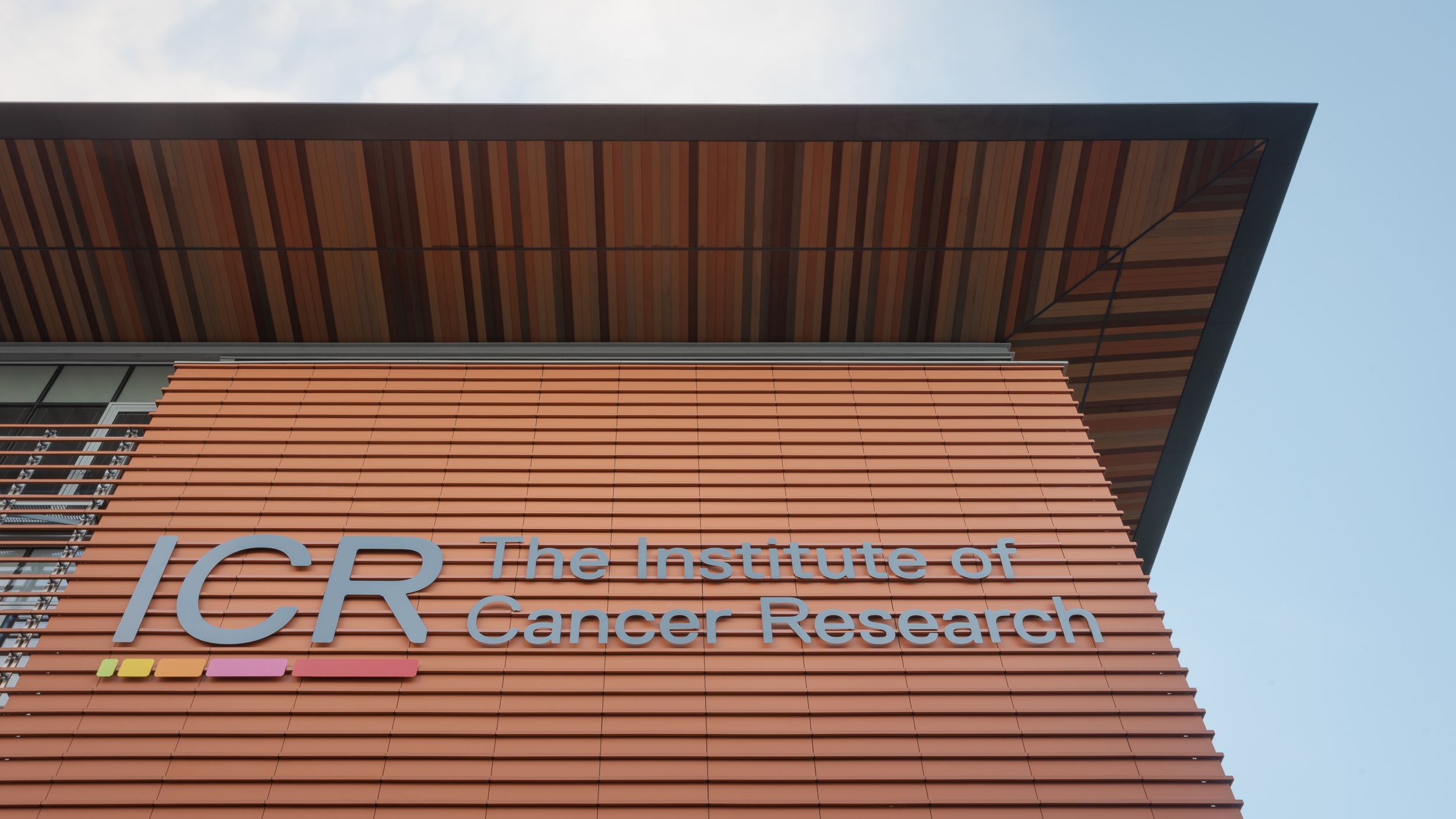
HER2-RADiCAL
HER2-RADiCAL is investigating whether some people with HER2 positive breast cancer can safely receive less treatment after surgery.
Disease site: Breast cancer
Status: Enrolling participants
Trial documents (password protected)
What is the study about?
HER2-RADiCAL is investigating whether some people with HER2 positive breast cancer can safely receive less treatment after surgery.
HER2 is a protein which can cause cancer to grow. If breast cancer has higher than normal levels of HER2 it is classified as HER2 positive. People with this type of breast cancer normally receive chemotherapy as well as targeted treatments, called trastuzumab and pertuzumab, which block the effects of HER2. These treatments are given before and after people have surgery to remove their cancer. After surgery trastuzumab is usually taken for 12 months, and further chemotherapy and pertuzumab may also be given.
People with HER2 positive breast cancer have a very good chance of remaining free of their cancer after treatment if there are no cancer cells in the tissue removed during surgery. This means it is possible to reduce the treatment given after surgery. This will reduce the possible side effects and disadvantages of a longer course of treatment, whilst not increasing the risk of cancer returning.
HER2-RADiCAL will investigate whether people with HER2 positive breast cancer can receive less trastuzumab treatment, and stop taking pertuzumab and chemotherapy if there is no cancer found in their surgical samples. The results of HER2-RADiCAL will allow us to find out if a more personalised treatment plan can be offered to patients with HER2 positive breast cancer in the future.
Who is included in the study?
HER2-RADiCAL includes people with HER2 positive breast cancer which has not spread to other parts of the body. Participants will have had treatment with chemotherapy, trastuzumab and pertuzumab before surgery to remove their cancer. Only people whose surgical samples did not contain any cancer cells will be able to join HER2-RADiCAL. Up to 720 people will be included from NHS hospitals across the UK.
What are the study treatments?
All HER2-RADiCAL participants will continue to take trastuzumab for a total of six months. Participants will not receive any further chemotherapy or pertuzumab after joining the study.
Participants have regular check ups during and after their treatment and we will collect information about how they are getting on until the study is completed. Participants will be closely monitored for any signs that their cancer has returned. If this happens, they will receive further treatment as needed, which will be decided between them and their local hospital doctors.
Further information for participants
Patient Information Sheet (Pre-surgery)
Patient Information Sheet (Post-surgery)
A detailed summary in plain English is also available on Cancer Research UK’s website.
Further information for healthcare professionals
Videos
Contact details and regulatory information
Chief Investigator: Professor Iain Macpherson, The University of Glasgow and Beatson West of Scotland Cancer Centre
ICR-CTSU Scientific Lead: Professor Judith Bliss
Trial management contact: [email protected]
Sponsor: The Institute of Cancer Research
Funding: NIHR HTA programme (NIHR131362)
Trial identifiers
EUDRACT number: 2021-001240-10
REC reference: 21/LO/0529
CPMS ID: 50425
ISRCTN81408940
Publications & Presentations
There have been no presentations or publications to date.

